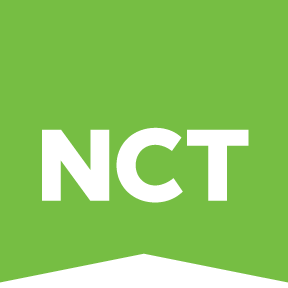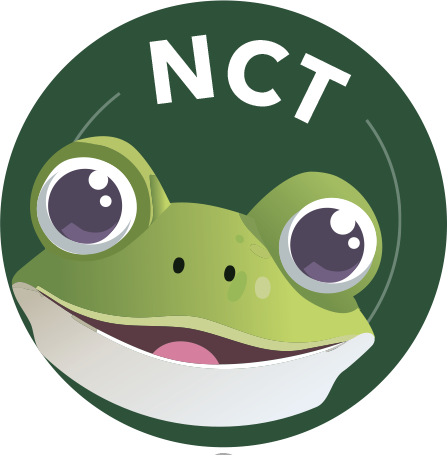In many state and local HHS agencies, child welfare, adult services, healthcare programs, and more often operate in separate silos—each with its own systems, workflows, and documentation processes. While each program is essential, the disconnect between them creates serious challenges for both agencies and the individuals and families they serve.
Many clients are eligible for or already receive services across multiple programs. A child receiving welfare services may have a parent in need of healthcare support. An older person involved with adult protective services may also need SNAP benefits. Yet too often, these programs work in isolation, duplicating efforts, missing vital information, and creating administrative burden that delays or complicates service delivery.
The Cost of Disconnected Systems
When systems are siloed, the burden falls disproportionately on caseworkers and clients. Staff must spend time tracking down information that already exists in another department, often requesting the same documents multiple times. Clients must navigate different offices, tell their story over and over again, and manage paperwork for each individual program.
Additionally, this disconnected approach often leads to duplicative data and documentation. A single incident or update—such as a change in housing status, income, or health condition—might need to be reported and recorded multiple times across different platforms. This not only wastes time and resources but also increases the risk of errors, outdated records, and gaps in service.
A key part of solving this problem is simple in concept but powerful in execution: share information. Sharing documentation and data across programs can significantly streamline operations, reduce the time spent on administrative tasks, and ensure that clients receive the right support at the right time.
The Power of Integrated Document and Content Management
This is where integrated document and content management systems come in. These systems do far more than simply store files. They serve as a centralized platform for content creation, editing, version control, workflow automation, and access control, all within a single, unified system.
When implemented across programs, integrated systems enable teams to collaborate more effectively by ensuring everyone is working from the same, up-to-date information. Caseworkers can access the documents they need without having to duplicate requests. Supervisors can monitor workflows across departments. Agency leaders can generate accurate, cross-programmatic reports that reflect real-time activity and performance.
In short, integrated document and content management systems break down silos, bringing teams and data together to deliver coordinated and effective services.
CaseWorks: Connecting Programs, Improving Outcomes
NCT’s CaseWorks platform is a leading example of this type of integrated system. Purpose-built for the unique needs of human services, CaseWorks supports all facets of document management and workflow automation across programs.
With CaseWorks, agencies can:
- Share documents and data across departments, ensuring that all necessary teams have the information they need to coordinate care.
- Automate workflows so that tasks like approvals, document reviews, and client communications happen faster and more accurately.
- Collaborate securely, with role-based access permissions that protect client data while empowering the right people with the right information.
- Streamline updates, using version control and document history to avoid errors and ensure accuracy across teams.
- Engage clients directly through a secure portal where they can submit documents, complete forms, and track progress.
By implementing CaseWorks, agencies can eliminate redundancy, enhance internal communication, and deliver more consistent, connected services that meet the full spectrum of client needs.
A Unified Approach to Better Service
The future of human services lies in breaking down barriers—not just between programs, but between people and the support they need. Integrated document and content management systems like CaseWorks offer agencies a smarter, more collaborative way to manage operations and improve client outcomes.
These systems help agencies overcome the challenges of siloed service delivery by enabling seamless information sharing, greater efficiency, and stronger collaboration across programs. In doing so, they ensure that individuals and families receive the comprehensive support they need without unnecessary delays or confusion.
For agencies looking to elevate service delivery and improve outcomes, integrated content management isn’t just a technology upgrade. It’s a strategic shift toward better, more connected care. Learn how NCT’s CaseWorks can help your agency take that step today.





